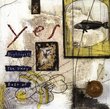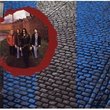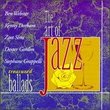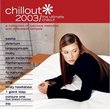| All Artists: Dick Gregory Title: Best of Dick Gregory 1 Members Wishing: 3 Total Copies: 0 Label: Collectables Release Date: 3/25/1997 Genres: Special Interest, Pop, Rock Style: Comedy & Spoken Word Number of Discs: 2 SwapaCD Credits: 2 UPC: 090431883426 |
Search - Dick Gregory :: Best of Dick Gregory 1
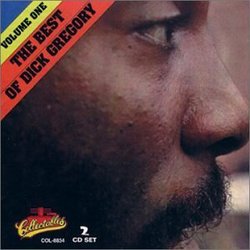 | Dick Gregory Best of Dick Gregory 1 Genres: Special Interest, Pop, Rock
|
Larger Image |
CD DetailsSimilarly Requested CDs
|
CD ReviewsThe social commentary of Dick Gregory during the Nixon years Lawrance M. Bernabo | The Zenith City, Duluth, Minnesota | 02/10/2003 (5 out of 5 stars) "It is certainly an encouraging sign when the decision to offer a compilation of "The Best of Dick Gregory" results in a double-CD set (it was originally a three LP set). The big caveat here is that this comes from Gregory's later standup period, done during the years of the Nixon administration and we all remember how much fun that time was for comedians, especially those who considered their acts to be a political critique with a hard edge. If we are talking about political comedy, then I do not know of anybody who better realized the ideal than Dick Gregory. The only problem is that today he is recognized more as an activist than remembered as a great comedian. Gregory had a beard, just like Abraham Lincoln (except, he noted, Lincoln was also ugly). At the heights of the Civil Rights movement he was a black comedian who would talk about Bertrand Russell and social issues such as needing a prescription for getting medicine but not for getting a gun. This is confrontational comedy, aimed primarily at a white audience (Gregory was known as one of the first "crossover" black comedians who attracted a substantial white audience), where Gregory would talk about the irony of the first letter he ever wrote being to a white Santa Clause or note with righteous anger that the assassinations of Malcolm X and George Lincoln Rockwell did not upset people the way people were upset when Martin Luther King, Jr. and Bobby Kennedy were assassinated. His targets include not only the likes of Spiro Agnew but Martians and Dope Pushers (but Agnew remains the most irresitable target). If you remember Gregory's hit album "In Living Black and White" from 1961 then you better understand the significant differences in his comedy from those early days to this later period. Gregory's uniqueness at this stage in his career was that he essentially lectured his audience, offering barbed commentary and witticisms on the real world. Of course, as someone who had engaged in fasts to bring attention to human rights abuses in the United States and around the world, Gregory had a moral authority that no other comedian of his generation was going to be able to match. "The Best of Dick Gregory" is just such as inadequate title to describe the blistering social commentary you will find in this collection."
|

 Track Listings (13) - Disc #1
Track Listings (13) - Disc #1